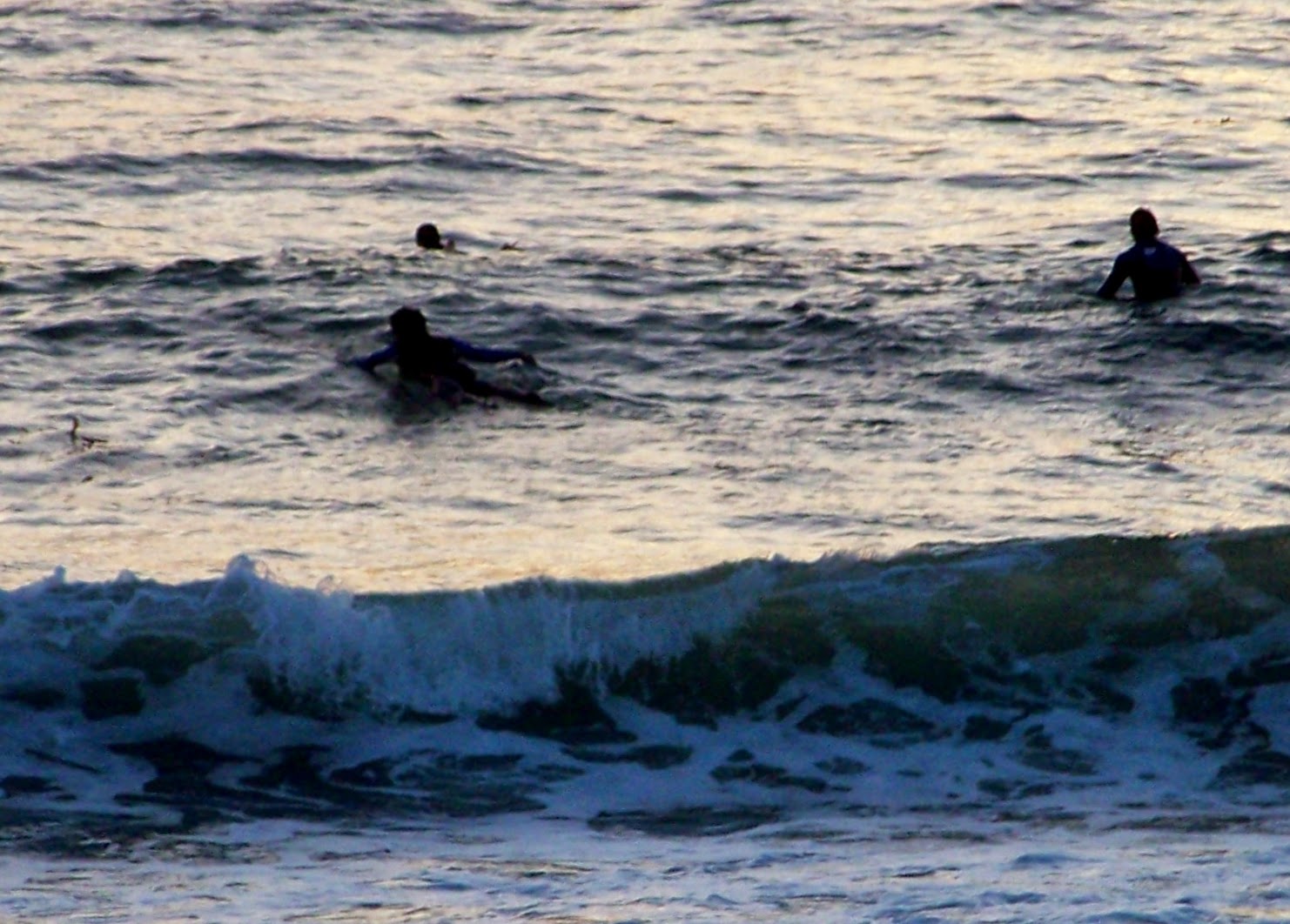 |
| Accountability partners can save you when you're overwhelmed. |
There is a wealth of preventative information posted on the CDC Website. They mention several key focus areas that can help prevent drowning. Here is some helpful information to help keep you and your family safe around water:
Tips to help you stay safe in the water
- Supervise When in or Around Water. Designate a responsible adult to watch young children while in the bath and all children swimming or playing in or around water. Supervisors of preschool children should provide “touch supervision”, be close enough to reach the child at all times. Because drowning occurs quickly and quietly, adults should not be involved in any other distracting activity (such as reading, playing cards, talking on the phone, or mowing the lawn) while supervising children, even if lifeguards are present.
- Use the Buddy System. Always swim with a buddy. Select swimming sites that have lifeguards when possible.
- Seizure Disorder Safety. If you or a family member has a seizure disorder, provide one-on-one supervision around water, including swimming pools. Consider taking showers rather than using a bath tub for bathing. Wear life jackets when boating.
- Learn to Swim. Formal swimming lessons can protect young children from drowning. However, even when children have had formal swimming lessons, constant, careful supervision when children are in the water, and barriers, such as pool fencing to prevent unsupervised access, are still important.
- Learn Cardiopulmonary Resuscitation (CPR). In the time it takes for paramedics to arrive, your CPR skills could save someone’s life.
- Air-Filled or Foam Toys are not safety devices. Don’t use air-filled or foam toys, such as "water wings", "noodles", or inner-tubes, instead of life jackets. These toys are not life jackets and are not designed to keep swimmers safe.
- Avoid Alcohol. Avoid drinking alcohol before or during swimming, boating, or water skiing. Do not drink alcohol while supervising children.
- Don’t let swimmers hyperventilate before swimming underwater or try to hold their breath for long periods of time. This can cause them to pass out (sometimes called “shallow water blackout”) and drown.
- Know how to prevent recreational water illnesses. For more information about illnesses from recreational water, see the More Information section below.
- Know the local weather conditions and forecast before swimming or boating. Strong winds and thunderstorms with lightning strikes are dangerous.²
 |
| Mentor Force is a team of accountability partners. |
Have you ever felt overwhelmed as a Mentor? Have you ever felt like you were drowning in an ocean of deep responsibility? Let's copy some of the safety tips for preventing drowning and paste them into a plan to help prevent Mentor Drowning.
- Use the Mentoring Buddy System. You should always have an accountability partner who is honest enough to speak truth that might be uncomfortable. If you have too many things going on in your life that are causing you to burn out (or drown,) it may be time to step back and let somebody else take your place. A Mentor needs to learn how to relieve stress. An accountability partner will help let you know that you are under stress. Most of us do not recognize burnout until we are already smoldering in exhaustion.
- Report to a Supervisor. Regular reporting to a Supervisor will help identify any potentially troubling areas for you and your Mentoree.
- Be Prepared. Part of forming a healthy relationship is identifying any possible weaknesses that can cause collapse. If you have just mentored a person who has consumed you emotional energy and left you depleted, do not step right into another heavy relationship. You need to be prepared for each episode in your life. If one episode consumes too much energy, you need to take a break and get rejuvenated.
- Be Alert for Potential Dangers. Alcohol and drug use, illegal and prescription have the potential to alter your ability to think clearly. If you feel lousy and you pop a pill to get through your mentoring session, will the pill cause you to be less coherent?
- Know the Mentoring Weather Conditions. Emotions are like shifting sands and breaking waves. Moods can be volatile, erupting at the lightest agitation. Give yourself a moment to collect your thoughts and examine your emotional state before you meet with another person. Do you have a handle on your emotions or is there a potential storm brewing?
Thanks for your time.
Go do something nice for somebody.
Go do something nice for somebody.
Bob Kuebler
Founder / Mentor
Mentor Force is an organization of initiators.
We help young people who are at risk of leading impoverished and violent lives.
We teach teachers, mentors, coaches, parents and youth leaders how to build healthy relationships that make young people feel valued.
Mentor Force is an organization of initiators.
We help young people who are at risk of leading impoverished and violent lives.
We teach teachers, mentors, coaches, parents and youth leaders how to build healthy relationships that make young people feel valued.
Our goal is to ensure that
every student has the benefit of being guided by a Mentor
If we can help you reach your potential as a
Mentoring organization please contact us: 716-830-8240
mentorforcebuffalo@gmail.com.
We are available for school
assemblies and educator conferences.
References
No comments:
Post a Comment